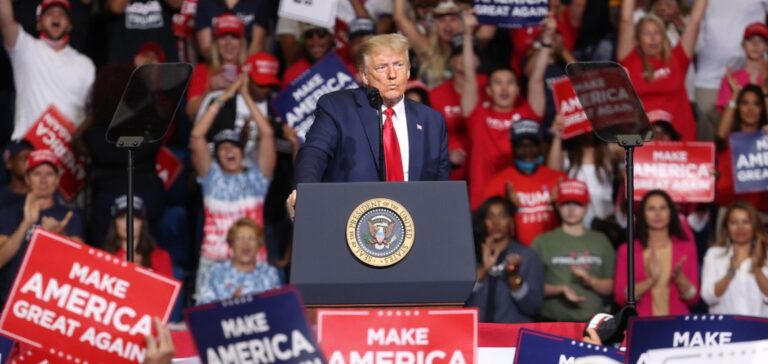Democratic Representative Jamie Raskin of Maryland expressed grave concern over allegations that former President Donald Trump sought $1 billion in campaign contributions from oil and gas companies. In exchange, Trump is said to have promised to significantly deregulate the sector if re-elected. This request was reportedly made at a fundraising dinner on April 11 at the Mar-a-Lago Club, potentially putting the integrity of US energy policy on the line.
Offer details and ethical implications
According to reports in The Washington Post and The New York Times, citing unnamed sources, Trump has pledged to lift the freeze on export licenses of LNG. He is reportedly ready to raise the bidding for oil drilling leases in the Gulf of Mexico, and to abolish certain regulations on vehicle emissions. These proposals, if implemented, would mark a major departure from the current Biden administration. It has temporarily suspended approval of new LNG export applications and reduced sales of leases for oil and gas exploration.
Company response and API position
In response to Raskin’s letters, major oil and gas companies such as Chevron, ExxonMobil, and others were asked about their knowledge of or involvement in these financial agreements. Andrea Woods, spokesperson for the American Petroleum Institute (API), refuted the accusations, calling Raskin’s approach “false and distracting”. In addition, he asserts that API’s meetings with decision-makers were aimed at sharing priorities consistent with their public statements and regulatory filings.
The investigation led by Jamie Raskin seeks to clarify whether the actions allegedly proposed by Trump constituted an illegal sale of US energy policy. This case highlights the tensions between national energy policies and commercial interests. It also raises critical questions about the integrity of political and regulatory processes in the United States.






















